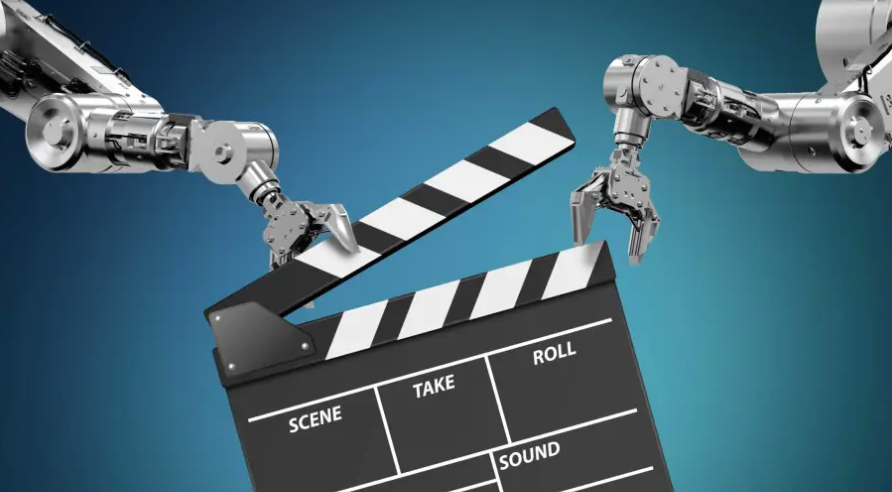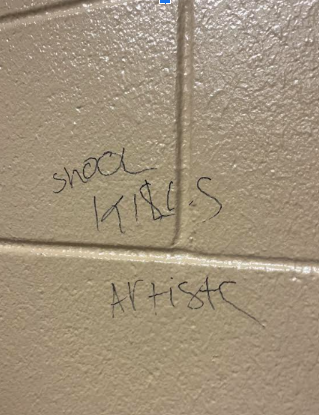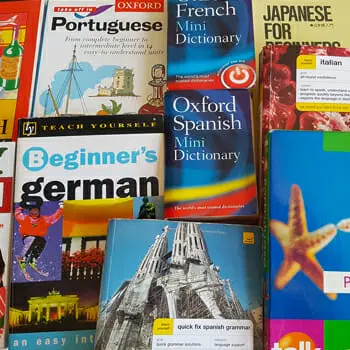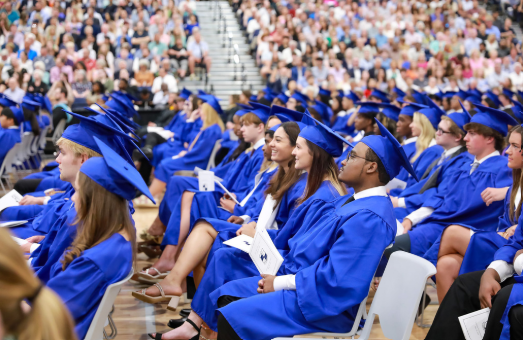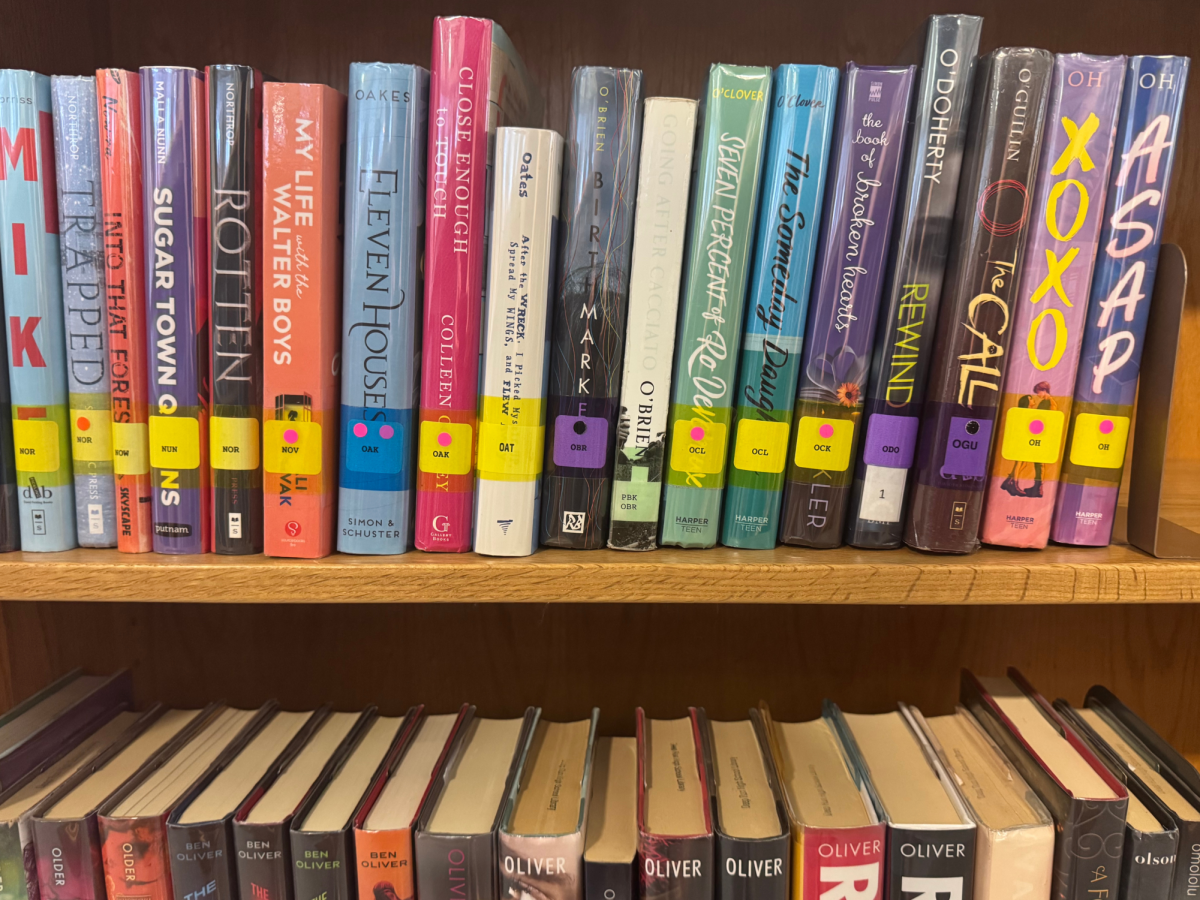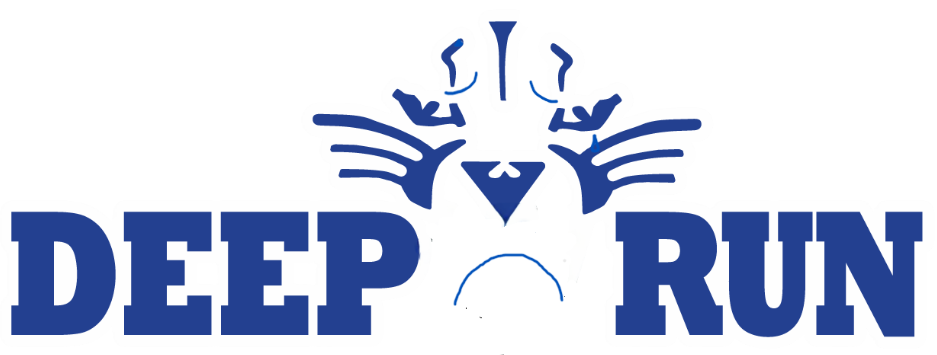In the midst of an industry-wide debate about the financial practicality of increasing actor compensation versus labor rights of film industry employees, Hollywood’s executives are channeling resources into the realm of artificial intelligence (AI). Job listings and financial disclosures from major streaming services, such as Netflix, have revealed a substantial commitment to AI technologies, evidenced by salaries in the three-figures being offered to individuals entering this field.
The Writers Guild of America Strike began May 2 with thousands of members from Hollywood’s esteemed actors and writers unions joining forces to demand, not only improved wages, but also regulations governing the utilization of AI in their craft. Simultaneously, the collective voices of entertainment writers are in search of a guarantee that AI will not be credited as the creative minds behind their written works.
The impact of this strike has rippled across the industry, causing a significant number of beloved television and streaming shows to be either postponed or completely shut down due to the strike. The list of only some of the affected titles include : “American Horror Story,” “Cobra Kai,” “Emily in Paris,” “Euphoria,” “Outlander,” “Stranger Things,” and “The Mandalorian.” The tally extends far beyond this initial grouping, passing over 75 additional shows and films canceled or postponed. The strike’s repercussions are detrimental to the heart of Hollywood’s creative engine, leaving a void in the entertainment world.
The clash between AI’s potential and our need for artistic expression is at the forefront of this pivotal moment in not even just the entertainment field, but everywhere. As a writer myself, I believe that without proper restrictions, AI’s ability will be able dominate multiple fields leaving millions unemployed. This is a moment where human creatives of all levels must unite to ensure that AI complements, rather than replaces, the real talents of human creatives like us.

